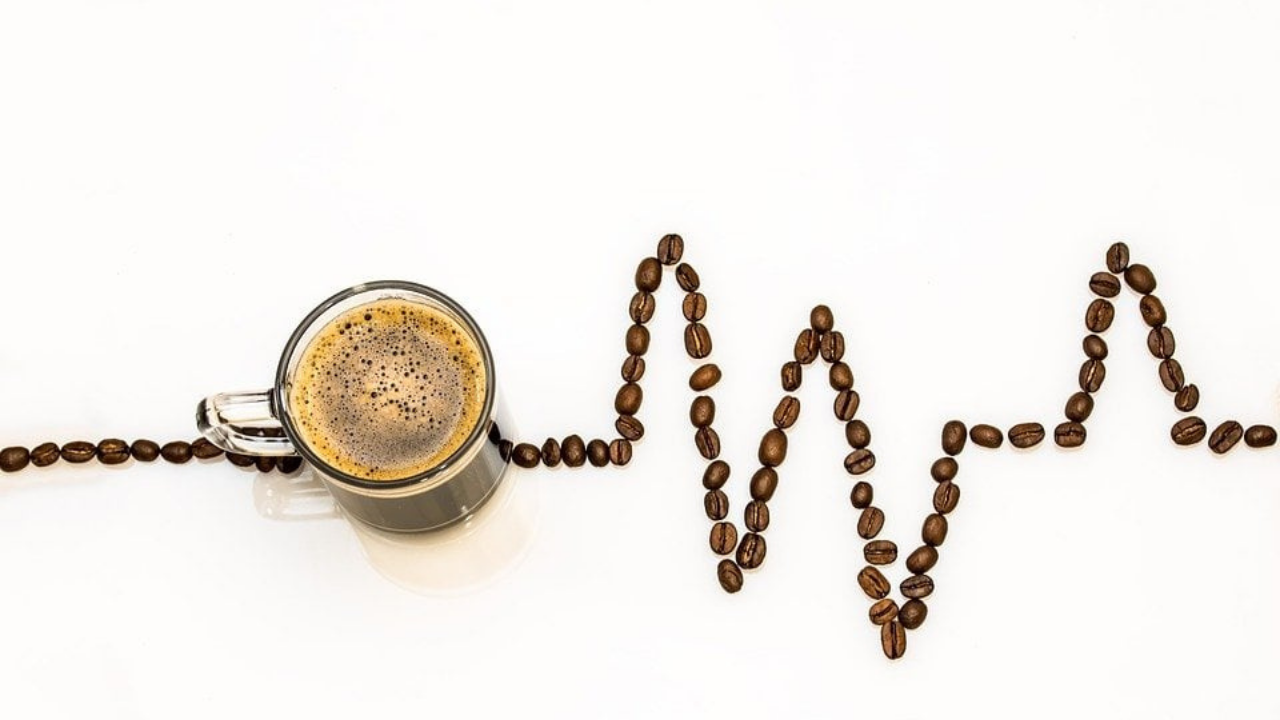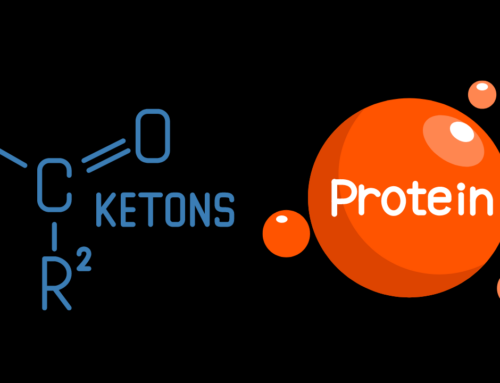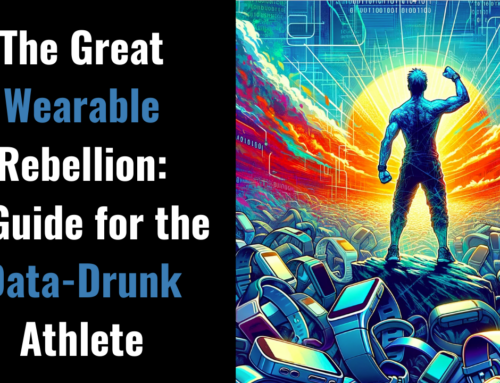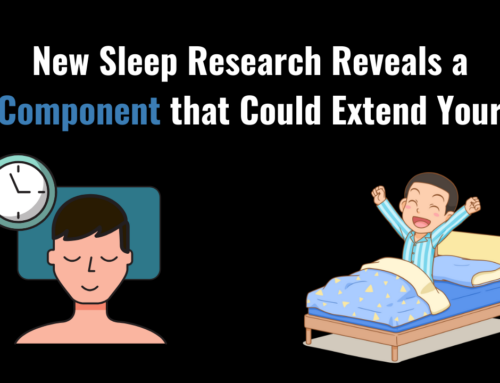Yo Doc, I heard from Paul Saladino, MD, that coffee is bad and you should not drink it? Is this true? I am a little bias but I see people in diet communities touting no coffee due to the acrylamides and other factors. I don’t see bad outweighing good in coffee though. My bias is that I am into coffee and science along with tastes/roasting. –Heath
It seems that even my beloved dark coffee is now under fire yet again. Are the mycotoxins rising up again? What has this world come to?
Despite my bias of being bean deep in the pro coffee camp, I do look at the evidence because… science bitches!
In the hierarchy of evidence, meta-analysis (aka studies of studies) are at the top of the mountain.
If you want to get ultra nerdy, you can even go a step up to the Everest of data via a collection of meta-analysis. This is referred to as an umbrella review.
Here is a great one to get us flying head first down the nerd chute:
“Coffee consumption and health: umbrella review of meta-analyses of multiple health outcomes”
Yep, an umbrella review of meta-analysis, the Mike Tyson of data.
Note, while taking conclusions only from a study is dangerous, I am tossing caution to the wind and doing it anyway for the sake of brevity (hmmmm, a breve)
Poole R . et al. concluded
“Coffee consumption seems generally safe within usual levels of intake, with summary estimates indicating largest risk reduction for various health outcomes at three to four cups a day, and more likely to benefit health than harm”
Oh, I spy another one “Coffee, Caffeine, and Health Outcomes: An Umbrella Review”
Grosso G, et al. stated
“Of the 59 unique outcomes examined in the selected 112 meta-analyses of observational studies, coffee was associated with a probable decreased risk of breast, colorectal, colon, endometrial, and prostate cancers; cardiovascular disease and mortality; Parkinson’s disease; and type-2 diabetes.”
What about C and C? Coffee and Cancer risk? So glad you asked.
While it will vary depending on the type of cancer along with a host of other factors, Alicandro Get al. stated
“We reviewed available evidence on coffee drinking and the risk of all cancers and selected cancers updated to May 2016. Coffee consumption is not associated with overall cancer risk.”
What about keeping your head right via risk of other diseases like dementia and Alzheimer’s?
“These results do not support an association between coffee consumption and an increased risk of overall dementia or Alzheimer’s disease specifically, but further research on the association of coffee consumption with dementia risk is needed.” -Larsson SC et al.
Even then the risk of dementia is quite small and does not take in to account my quality of life sans coffee.
What about your ticker?
The short answer, most people don’t need to worry.
Long answer, it is messy and if you love data and stats, read the full open access study.
Here is their conclusion from Ding, M., et al via several decades of work and over 1 million combined study participants. Put that in your mechanistic-mouse-cell-line data pipe and light it up.
“The findings from this systematic review and meta-analysis, based on approximately 1,283,685 study participants and 47,779 CVD cases, including about 28,347 CHD cases, 12,030 stroke cases and 7,402 other CVD cases, demonstrate a non-linear association between coffee consumption and risk of CVD. Moderate coffee consumption (3–5 cups/day) was associated with lower CVD risk, and heavy coffee consumption (≥6 cups/day) was neither associated with a higher nor a lower risk of CVD.”
What about NAFLD aka nonalcoholic fatty liver disease
“…a significantly decreased risk of NAFLD among coffee drinkers”- Wijarnpreecha K et al. 2017
Ok, but what about the all cause mortality as the nerds love that stuff with a hard end point (aka you are either alive or dead at the end of the study collection period) and it could be for any reason (hence the “all cause” part).
While this did vary a bit with region, Kim Y et al. concluded
“Moderate coffee consumption (e.g. 2-4 cups/day) was associated with reduced all-cause and cause-specific mortality, compared to no coffee consumption.”
Suck on that non-coffee consumers. In English it says that drinking coffee is associated to living longer.
Keep in mind that all of the data I cited here is from studies of studies and is not a 1 off random study published in the “Journal of Pay to Play Suspicious $hit in Osteogenic Mice with 1 Eye “
Of course not every single piece of data found by the pubmed ninjas will agree with my dual hypothesis that at best coffee is neutral for your health and in moderation coffee may be beneficial. You will always be able to find a couple bit of data in tortured diabetic nematodes to support your bias.
I hope you enjoyed my roasting (I make funny coffee pun) of the “coffee is bad for your health” myth.
Each to their own, but I am not going to lose a single night of sleep over my 1-3 cups a day of coffee.
Heck, I may be even hedging my bets towards health.
I know for sure that it is a simple pleasure that makes my confirmation-biased life better.
Your dark coffee friend,

Dr. Mike T Nelson
Resources:
- Coffee Confusion video https://youtu.be/5RkNtzvHXkk
- Alicandro G, Tavani A, La Vecchia C. Coffee and cancer risk: a summary overview. Eur J Cancer Prev. 2017 Sep;26(5):424-432.
- Ding, M., Bhupathiraju, S. N., Satija, A., van Dam, R. M., & Hu, F. B. (2014). Long-term coffee consumption and risk of cardiovascular disease: a systematic review and a dose-response meta-analysis of prospective cohort studies. Circulation, 129(6), 643–659.
- Kim Y, Je Y, Giovannucci E. Coffee consumption and all-cause and cause-specific mortality: a meta-analysis by potential modifiers. Eur J Epidemiol. 2019 Aug;34(8):731-752. doi: 10.1007/s10654-019-00524-3. Epub 2019 May 4. PMID: 31055709
- Grosso G, Godos J, Galvano F, Giovannucci EL. Coffee, Caffeine, and Health Outcomes: An Umbrella Review. Annu Rev Nutr. 2017 Aug 21;37:131-156. doi: 10.1146/annurev-nutr-071816-064941. PMID: 28826374.
- Larsson SC, Orsini N. Coffee Consumption and Risk of Dementia and Alzheimer’s Disease: A Dose-Response Meta-Analysis of Prospective Studies. Nutrients. 2018 Oct 14;10(10):1501. doi: 10.3390/nu10101501. PMID: 30322179; PMCID: PMC6213481.
- Poole R, Kennedy OJ, Roderick P, Fallowfield JA, Hayes PC, Parkes J. Coffee consumption and health: umbrella review of meta-analyses of multiple health outcomes. BMJ. 2017 Nov 22;359:j5024. doi: 10.1136/bmj.j5024. Erratum in: BMJ. 2018 Jan 12;360:k194. PMID: 29167102; PMCID: PMC5696634.
- Wijarnpreecha K, Thongprayoon C, Ungprasert P. Coffee consumption and risk of nonalcoholic fatty liver disease: a systematic review and meta-analysis. Eur J Gastroenterol Hepatol. 2017 Feb;29(2):e8-e12

Dr. Mike T Nelson
PhD, MSME, CISSN, CSCS Carrick Institute Adjunct Professor Dr. Mike T. Nelson has spent 18 years of his life learning how the human body works, specifically focusing on how to properly condition it to burn fat and become stronger, more flexible, and healthier. He’s has a PhD in Exercise Physiology, a BA in Natural Science, and an MS in Biomechanics. He’s an adjunct professor and a member of the American College of Sports Medicine. He’s been called in to share his techniques with top government agencies. The techniques he’s developed and the results Mike gets for his clients have been featured in international magazines, in scientific publications, and on websites across the globe.
- PhD in Exercise Physiology
- BA in Natural Science
- MS in Biomechanics
- Adjunct Professor in Human
- Performance for Carrick Institute for Functional Neurology
- Adjunct Professor and Member of American College of Sports Medicine
- Instructor at Broadview University
- Professional Nutritional
- Member of the American Society for Nutrition
- Professional Sports Nutrition
- Member of the International Society for Sports Nutrition
- Professional NSCA Member










Leave A Comment